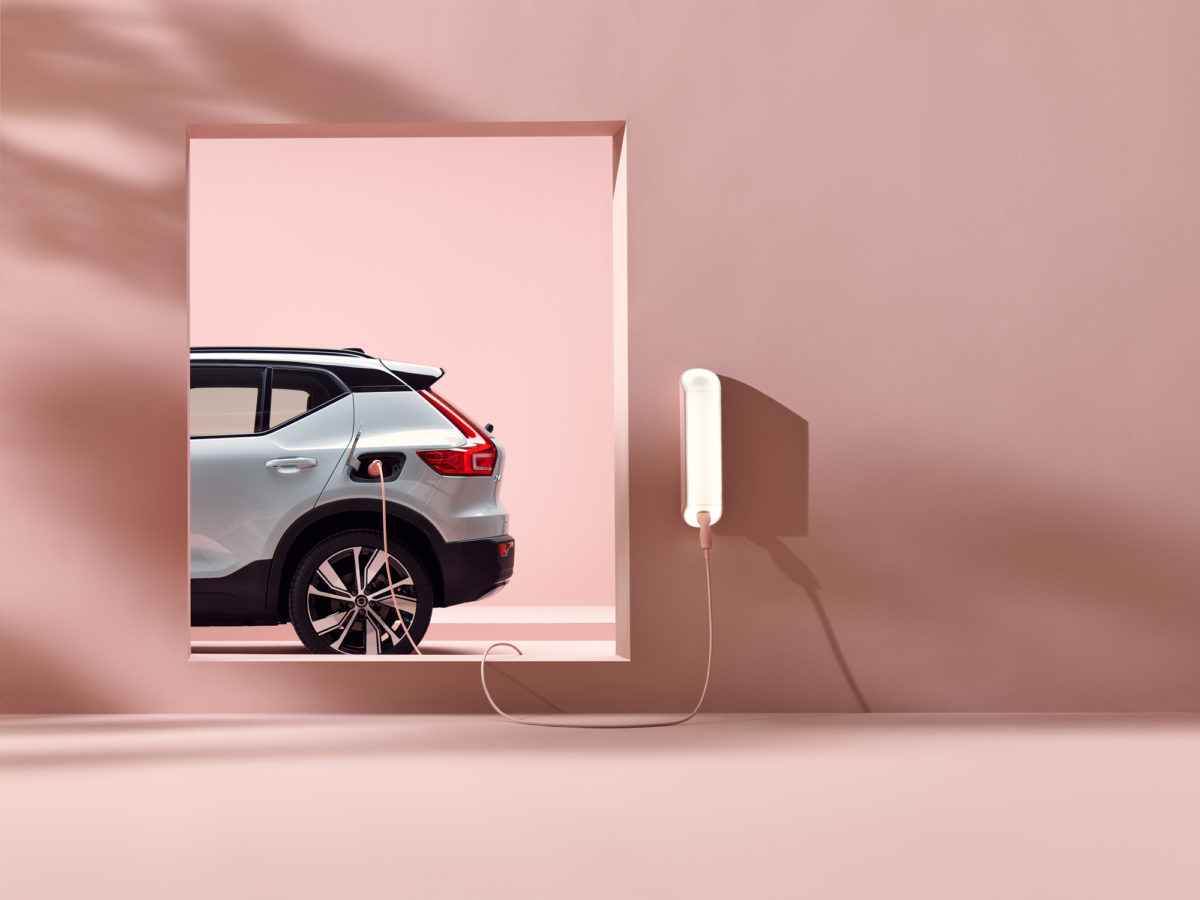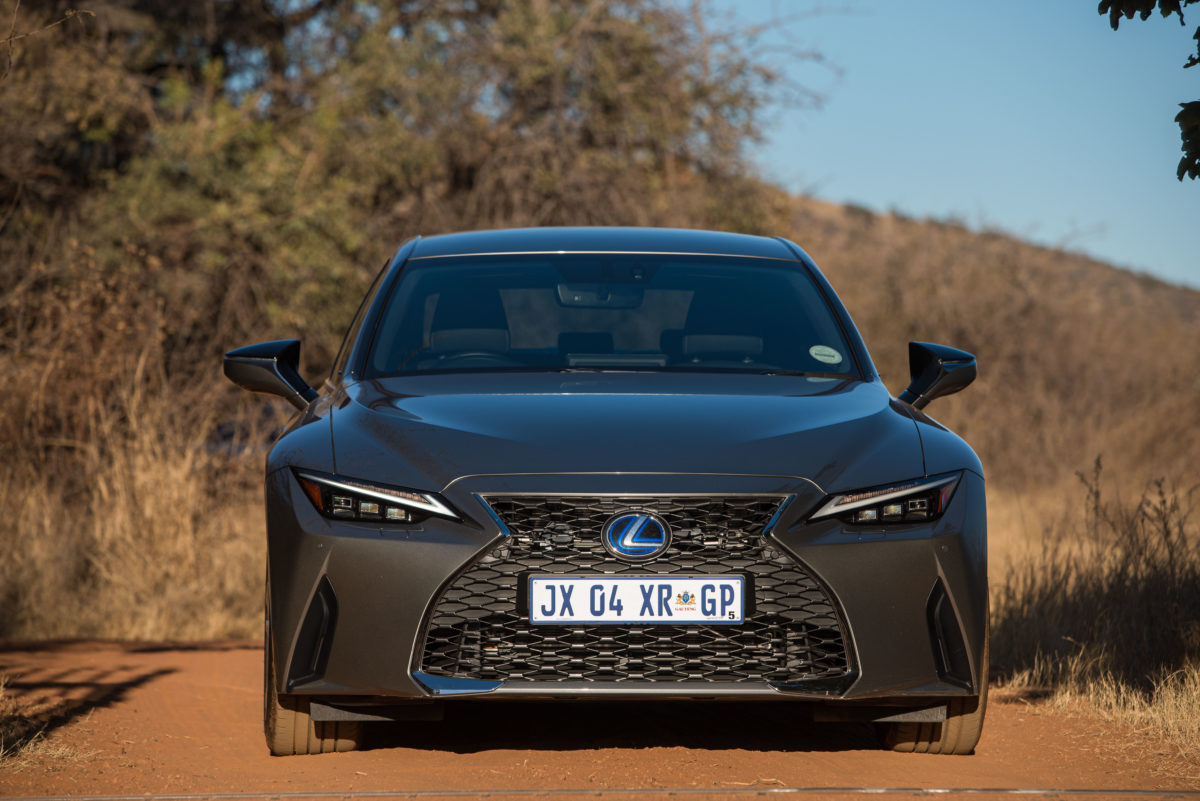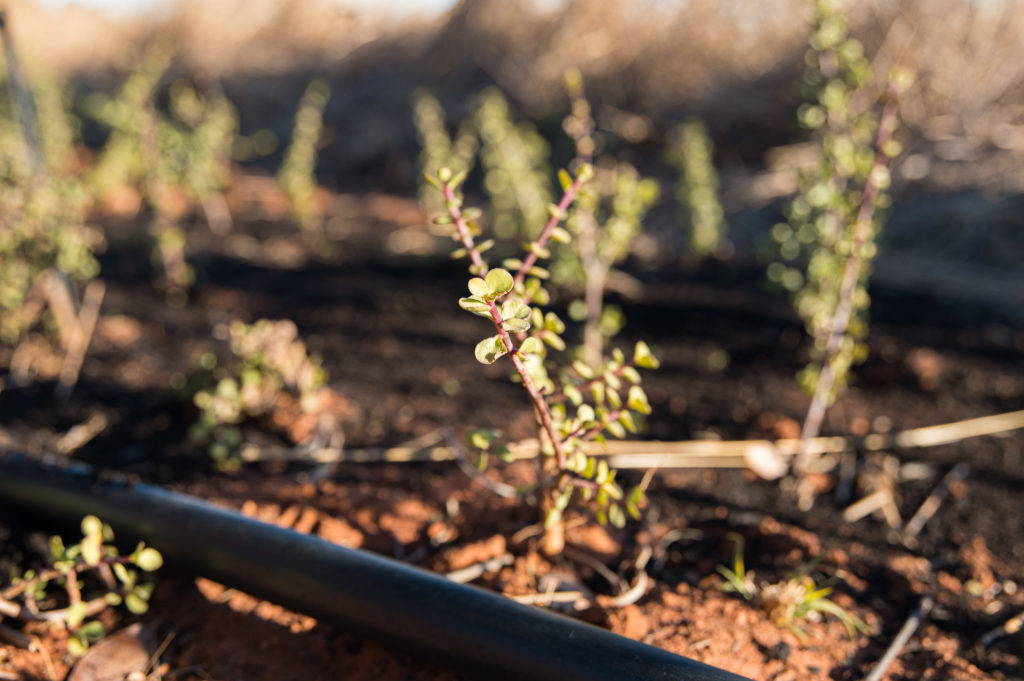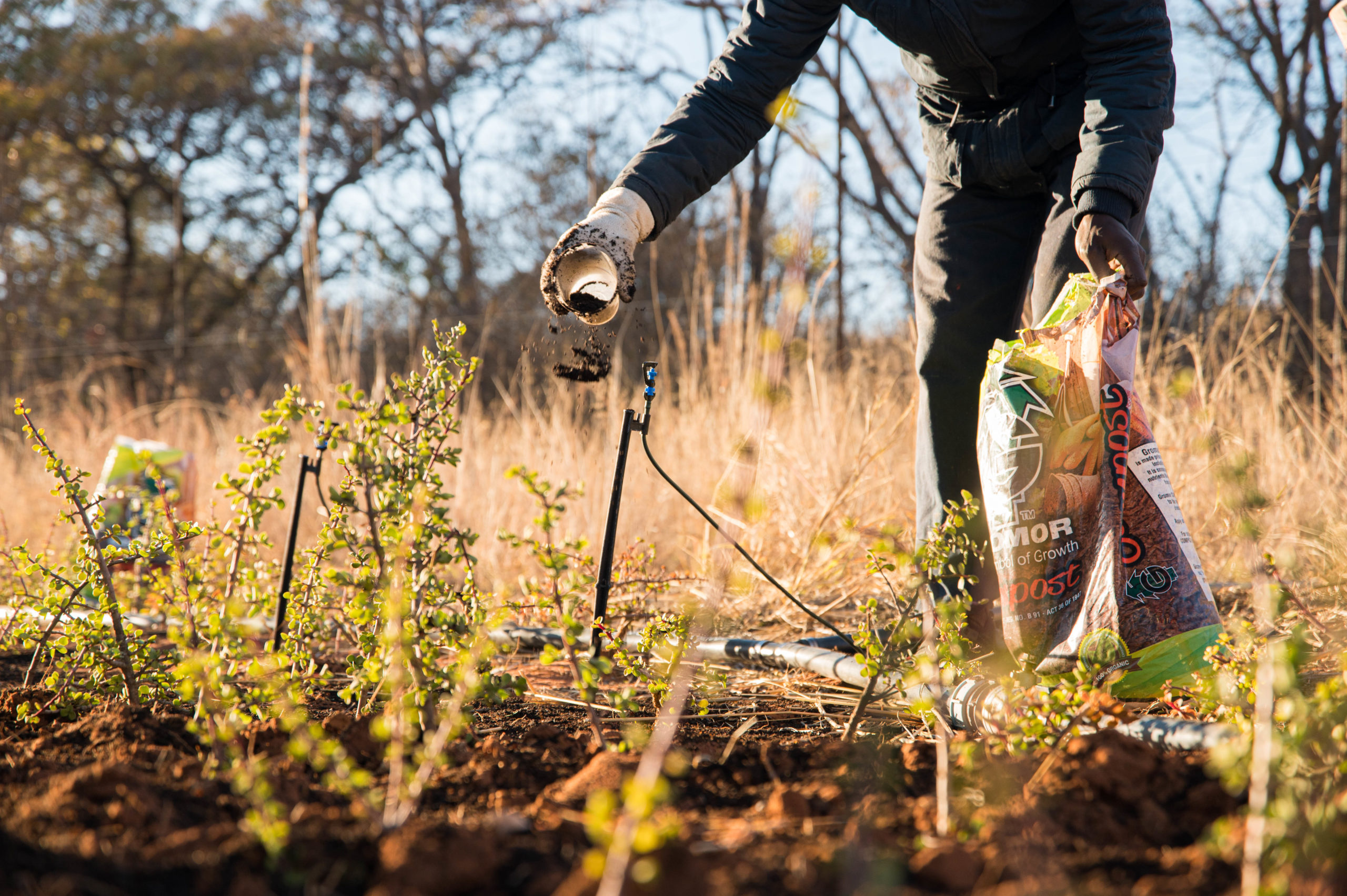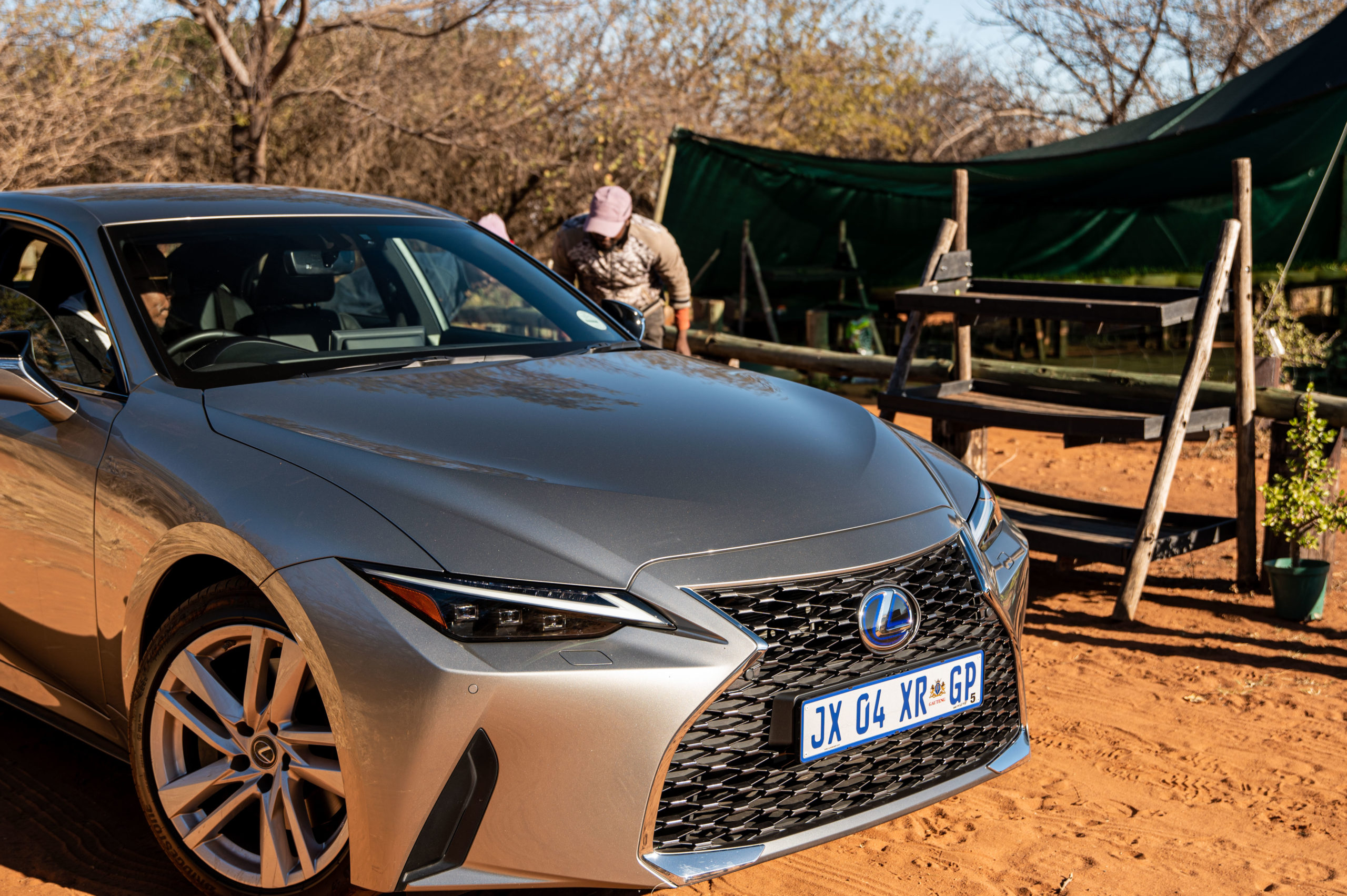Volvo Cars recognised for its leadership in climate action
Volvo Cars has been recognised for its sustainability strategy by global environmental non-profit CDP, securing an A-score for its actions aimed at cutting emissions, mitigating climate risks and becoming a climate-neutral company.
This places Volvo Cars in the highest tier of CDP’s climate change list, together with only a smaller number of companies. More than 13,000 companies participated by disclosing data on their environmental impacts, risks and opportunities, and Volvo Cars’ high score reflects its position as a leader in environmental ambition and climate action.
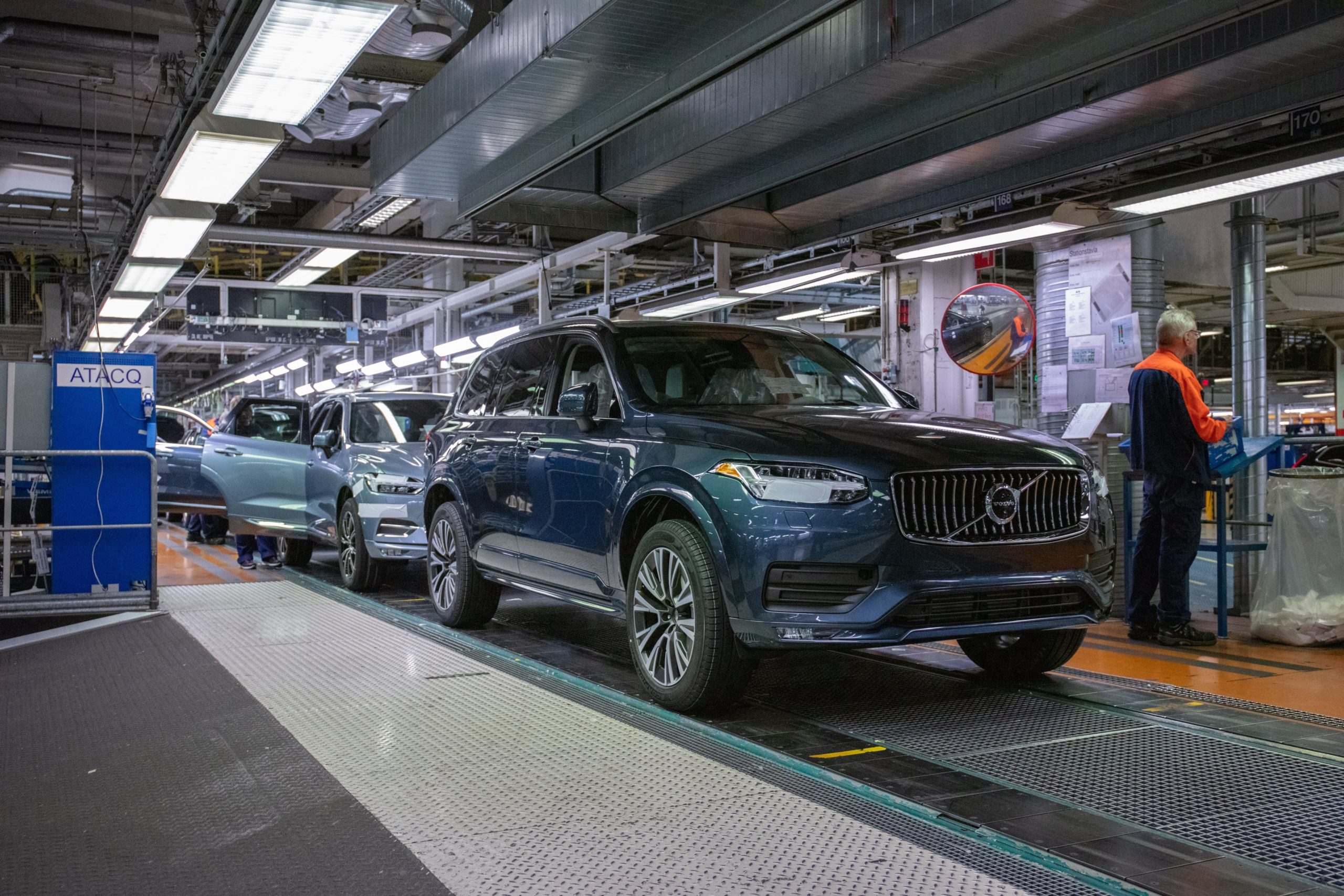
“We are very proud to see that our hard work to cut emissions and becoming climate neutral is being recognised by CDP,” says Anders Kärrberg, Head of Global Sustainability at Volvo Cars. “Receiving the prestigious A-score shows that we are on the right track, and hopefully we can inspire other companies to do even more.”
Volvo Cars aims to become a fully electric car maker by 2030 and plans to roll out a whole new family of pure electric cars in coming years, one of the auto industry’s most ambitious electrification plans. This is part of its ambition to become a climate neutral company by 2040, as it works to consistently cut carbon emissions across its business.
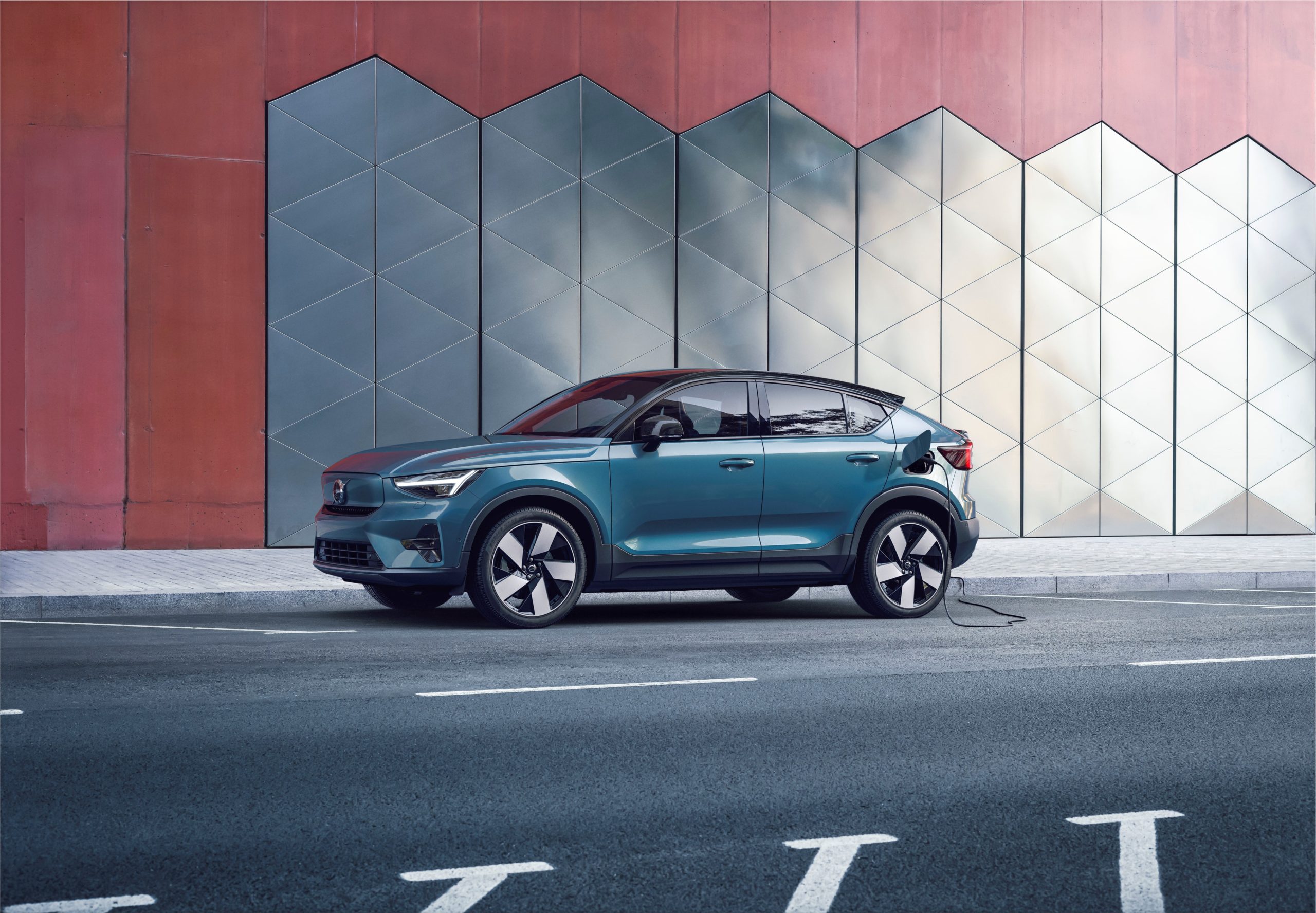
The company seeks to reduce the lifecycle carbon footprint per average car by 40 per cent between 2018 and 2025, including through reducing carbon emissions in its supply chain by 25 per cent by 2025.
Volvo Cars is taking active steps to address these emissions, including through planned collaborations with Swedish steel maker SSAB to develop fossil free steel and with Swedish battery company Northvolt to develop and manufacture the next generation of sustainable battery cells.
In conjunction with signing the zero emission road transport declaration at the UN climate change conference COP26 in November, Volvo Cars also introduced an internal carbon price of 1,000 SEK for every tonne of carbon emissions from across its entire business, becoming the first car maker to implement such a carbon pricing mechanism across its complete operations.
